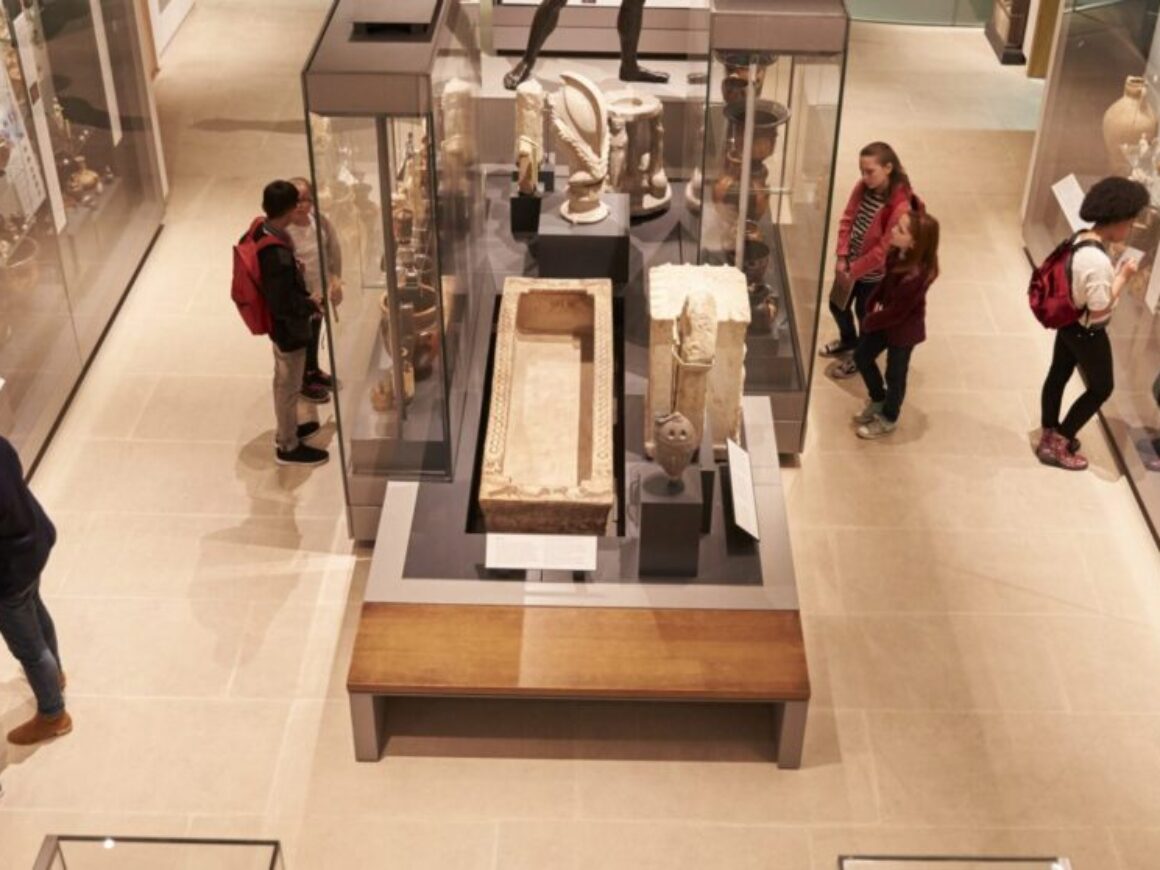The Importance of Public History
Kiersten Hudson
![Museum Visitors People examining exhibits at an unidentified museum [Photographer Unknown, 2021?] Who is McCarthy?](https://pvpantherproject.com/wp-content/uploads/2025/01/public-history.jpeg)
What is Public History?
History is used in all parts of the world and it is essential in every aspect of life but as the world evolved historians began to share the history that they have learned as well. Lots of people tend to confuse academic history with public history. In academic history historians minister to humans generilized need to comprehend its past and to diffuse that comprehsion by means of formal schooling, within each generation. (Kelly,18). Public history refers to the employment of historians and historical methods outside of academia in government, private corporations, the media historical societies, and museums even in private practices. (Kelly, 16) Public history is publicized in places such as museums, historical sites, libraries, and social media platforms.
Why is public history Important?
Public history is important because it allows history to be accesible to people all around the world beyond an academic setting. This gives historians the opprtunity to share their history with people all over the world because public history is so accesible. By historians doing that it alllows communties to be engaged with one another. Since public history is all over it influence the world in a postive way because it gives so many opprtunites on how history can be reached. Such as a podcast that educates people on diversity or even a muesum that shows actual artifacts that were used during a particular period of time.
Public History Today!
Public History has come along way since it has first took off! With the help of the historian Robert Kelly he trained students to have a breakthrough with achieving their goal of public history. Imbuing them with the idea of a public rather than an academic career and sending them out oene by one to demonstarte their value by their work (Kelly, 19). Furthermore as he continued to work with his students his skills began to get passed down from generation to genration that has brought public history to where it is now. Such as being accesible in documentaries, podcast, articles, and historical sites.

